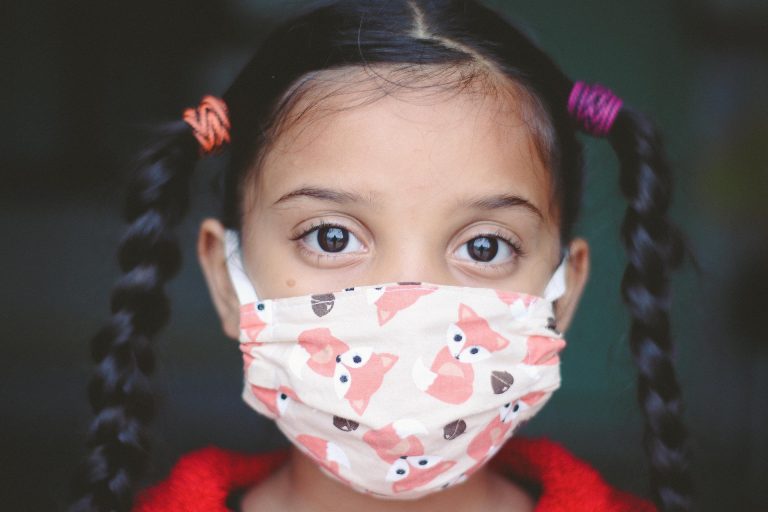As the Omicron variant brings about a new wave of COVID-19 infections worldwide, many experts have advised people to start using face masks again. However, Dr. Scott Gottlieb thinks otherwise. A Pfizer board member and a former commissioner at the U.S. Food and Drug Administration (FDA), Gottlieb is specifically against using cloth masks as he believes that they are ineffective.
“Cloth masks aren’t going to provide a lot of protection, that’s the bottom line. This is an airborne illness. We now understand that, and a cloth mask is not going to protect you from a virus that spreads through airborne transmission. It could protect better through droplet transmission, something like the flu, but not something like this coronavirus,” Gottlieb said in an interview with CBS.
President Joe Biden’s chief medical advisor Dr. Anthony Fauci also admits that cloth face masks have low effectiveness. While speaking to CNN on Jan. 2, Fauci confirmed that the U.S. Centers for Disease Control and Prevention (CDC) sees cotton and surgical masks as effective against preventing Omicron from spreading. However, they aren’t as effective as an N95 mask, he insisted.
“They have a degree of effectiveness. And if that’s the mask that’s available to you, use it. If you want a higher degree of protection, go to a higher quality of mask. But the masks that are being used, the surgical masks, do give you a degree of protection,” Fauci said.
CNN medical analyst Leana Wen, M.D calls cloth masks “little more than facial decorations” and firmly believes that these masks have “no place” amidst the spread of Omicron.
Success
You are now signed up for our newsletter
Success
Check your email to complete sign up
The N95 respirator masks that are properly fitted and approved by the National Institute for Occupational Safety & Health (NIOSH) are far more effective than simple cloth masks, capable of filtering out up to 95 percent of particles in the air. However, the CDC largely avoided encouraging people to buy N95 masks during the initial stages of the pandemic due to the short supply.
But in the current scenario where N95 masks are in ample supply, the CDC is still hesitating from instructing people to use them. Instead, the agency has asked people to use masks that have two or more layers of breathable, washable fabric.
Wen believes this is a mistake. “If we’re going to go as far as to say that masks are required — when we don’t come from a mask-wearing culture and people don’t like wearing masks — at least recommend that they wear the most effective mask,” Wen said.
The CDC also issued a warning on the prevalence of counterfeit respirator masks that are being sold as NIOSH-approved when they actually aren’t. According to the agency, NIOSH-approved masks will always feature one of the following designations: N95, N99, N100, R95, R99, R100, P95, P99, or P100.
“NIOSH-approved respirators have an approval label on or within the packaging of the respirator (i.e. on the box itself and/or within the users’ instructions). Additionally, an abbreviated approval is on the FFR itself. You can verify the approval number on the NIOSH Certified Equipment List (CEL) or the NIOSH Trusted-Source page to determine if the respirator has been approved by NIOSH,” the CDC says on its website.
However, simply wearing an N95 mask alone is not a guarantee of protection. The fit is also important. A study from Jan. 2021 found that most N95 masks failed to fit perfectly among the study participants.
“Fit is critical to the level of protection offered by respirators. For an N95 respirator to provide the promised protection, it must fit the participant. Performing a fit check via NHS self-assessment guidelines was an unreliable way of determining fit,” the study concluded.














